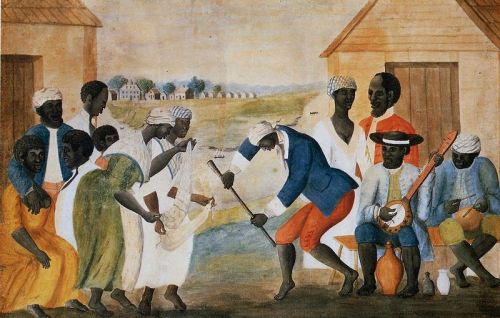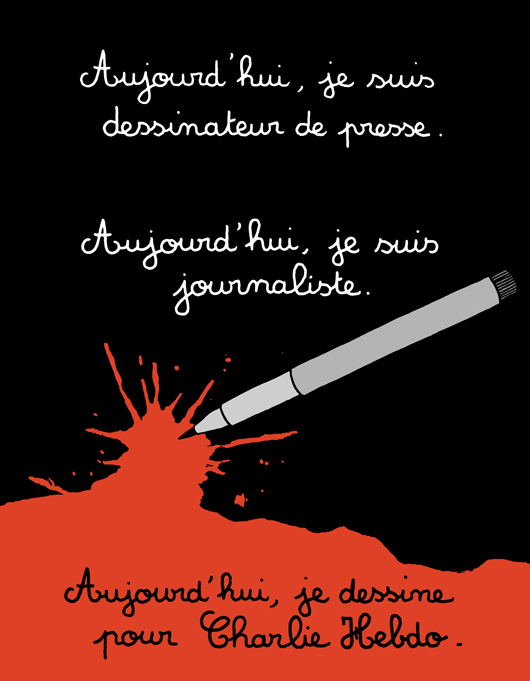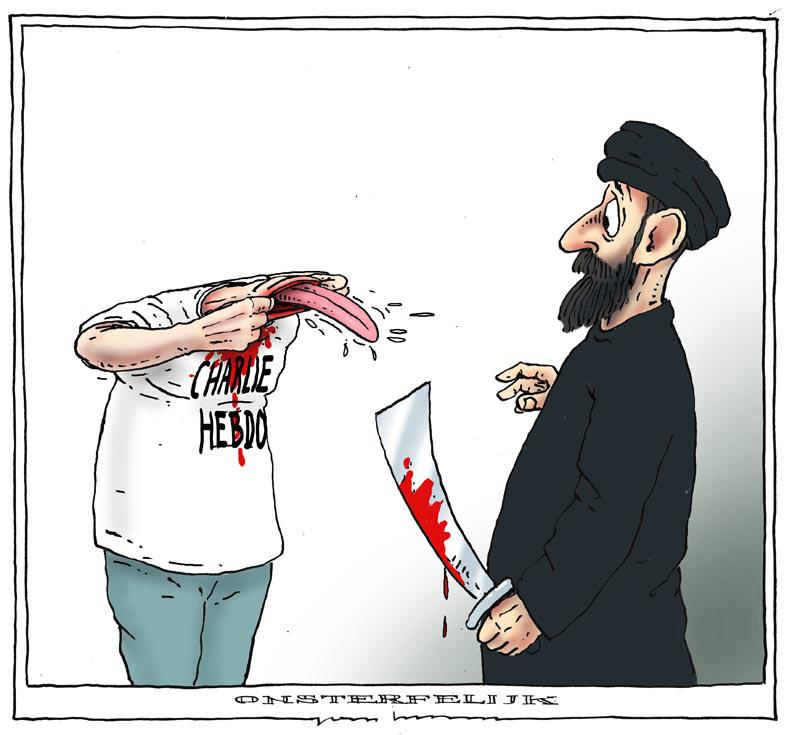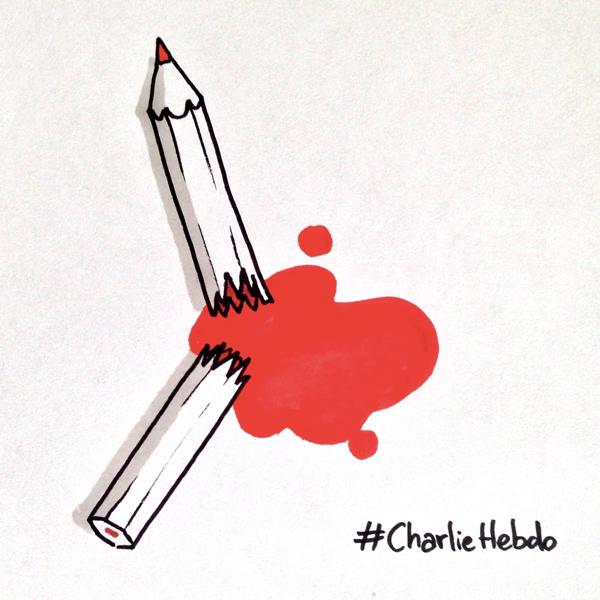Boycott this Israeli settlement builder
Tuesday 28 April 200909.30 EDT
The British Foreign and Commonwealth Office must be commended for its decision to cancel renting premises for the UK embassy in Tel Aviv from the company Africa-Israel, owned by Israeli businessman and settlement builder Lev Leviev. This is an encouraging step that should now be backed by stronger sanctions against the building of the separation wall and the building of illegal settlements by Israel. Furthermore, the governments of Norway and Dubai should emulate the example set by the UK and sever their relationships with Leviev's companies.
The Israeli paper Ha'aretz reported on 3 March 2009 that "Due to the public pressure" several months ago in a special debate in parliament, Kim Howells of the Foreign Office was asked to explain plans to rent the embassy from Leviev.
This pressure, by a letters campaign to the FCO, was initiated by Architects and Planners for Justice in Palestine with human rights organisation Adalah-New York, followed by the Palestine Solidarity Campaign, Noam Chomsky, Norman Finkelstein, former BBC correspondent Tim Llewellyn and hundreds of others.
Further voices included Daniel Machover of Lawyers for Palestinian Human Rights, Palestinian notables including Hanan Ashrawi, Mustafa Barghouti and Luisa Morgantini, vice president of the European parliament.
The move was frozen after ambassador Tom Phillips requested details from Africa-Israel about its activities in the settlements.
Subsequently, on 5 March, the BBC reported the FCO's Karen Kaufman saying that: "We looked into the issue of Africa-Israel and settlements and settlement holdings and we asked for clarification .... The UK government has always regarded settlements as illegal, but what has happened in recent months is that we are looking for ways to make a difference on this issue."
Still, despite the FCO decision, Leviev's companies persist in their goal, backed by the Land Redemption Fund to which Leviev is one the largest donors, of "blurring the Green Line" and connecting the illegally built Zufim settlement with Israeli communities inside the Green Line, retaining 6,000 dunams of the village Jayyous's land sequestered by the wall. This land grab is being facilitated by the enforced construction of the apartheid wall, which the International Court of Justice firmly judged to be illegal under international law in 2004, and demanded its removal.
There are weekly non-violent protests by the Jayyous villagers, Israeli and international peace groups, together with Bil'in to stop their precious land from being taken to expand settlements and build the wall. These are being suppressed by Israeli forces on a terror rampage with live fire, beatings, tear gassings, mass arrests, house occupations and, more recently, threats of home demolitions, and pogroms.
Following an Israeli supreme court ruling that the route of the wall in Jayyous should be moved slightly, Israeli authorities are trying to blackmail Jayyous's mayor, saying if he doesn't accept the new wall route, there will be no gates in it for the village's farmers to access their lands. The mayor has refused to sign. Without international intervention, Jayyous will not be able to hold on to its lands behind the wall, which contain their four vital agricultural wells and most of their greenhouses. Leviev will then be able to freely expand Zufim on to Jayyous's stolen lands. Currently, Leviev is building 35 new housing units in Zufim.
At Bil'in, where Leviev companies are also building settlements, mainstream media failed to cover the 17 April murder of Bil'in non-violent protester Bassem Abu Rahmeh, 29, by Israeli forces. A soldier shot him with the same new type of "rocket" tear gas round, as fast and lethal as live ammunition that left US activistTristan Anderson in critical condition.
The brutal crackdown in Bil'in continues despite three Israeli supreme court orders to move the wall in Bil'in closer to the Matityahu East settlement "outpost" where Leviev's Danya Cebus built about 30% of the units. Israel's court has shown itself to be the accessory of this land grab. Israel's architects, designing these settlements, are also in breach of professional ethics, and will be held to account by their international peers.
While the US, UK and the EU seem to be keen to join Israel, the perpetrator of war crimes, in boycotting the Palestinians who are the victims of crippling sieges, deadly incursions and a prison-like occupation, they are reluctant to take any positive action to stop Israel's breaches of international law. For instance, the Norwegian government has invested €875m in 2008 in Africa-Israel. By investing its populace's pension fund in a company at the heart of illegal Israeli settlement building, the country that sponsored the Oslo accords violates its spirit. Norway should follow the precedent set by the UK's FCO, in one of the latter's few bold moves, and divest from this company.
The United Arab Emirates is also shamefully equivocating after a year-long campaign against Leviev selling his diamonds in the emirate of Dubai. Dubai's government, despite repeated assurances that Leviev would not be allowed to open two diamond boutiques in the emirate, has allowed Leviev to open stores under another name while his website advertises a Leviev store-in-store at one of the "Levant" shops of his Dubai partner, Arif bin Khadra. A second Levant store in Dubai's Atlantis hotel boldly touts the Leviev brand.
If Dubai does not wish to be become known as the "emirate that supports settlements", it should take immediate action, and follow the UK's lead and demonstrate it will not allow Leviev to profit from this indirect funding of his settlement building, that steals the future of Jayyous's children who are growing up in the shadow of Leviev's ever-expanding Zufim settlement.
While the new Netanyahu/Leiberman government is doing all it can to obfuscate the issue of a proper peace settlement to establish a viable Palestinian state, a clear message must be sent to Israel. The sanctions against Leviev should be the start of a wider boycott of all who profit from the enforced acquisition of Palestinian land.








